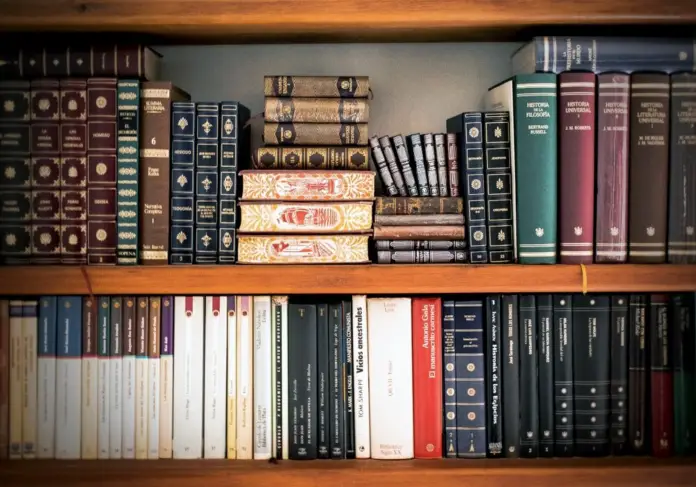The rupee’s declining value and the import ban are the key causes of the tripling of paper costs in only one year. The majority of Pakistani publishers have ceased book production.
There has been uncertainty surrounding the availability of new books for students studying medicine and other areas due to the suspension of containers of imported paper and books and the challenges associated with creating new LCs.
The market price of the notebook, which was Rs100 last year, is now Rs300. In this context, the former vice-chairman of the All Pakistan Papers Merchants Association, Khamis Saeed Butt, said to a news website called Independent Urdu that Pakistan’s output of paper is considerably below par.
The market has run out of paper as a result of hundreds of our containers becoming stuck and no new LCs being opened during the past six months.
A4 size imported standard paper was once readily accessible on the market for the same price as local and non-standard paper, but this has since changed.
According to him, an effort has been made to help the few Pakistani mills that produce subpar paper by placing a 60% levy on imported paper.
It is acceptable for cartels to raise the cost of inferior paper.
According to him, normal offset paper costs $820 per tonne ex-mill, but local mills have raised the cost of their second- and third-grade paper to $1,400 to $1,500 per tonne in order to capitalize on its absence from the market. And nobody will enquire of them.
According to him, under pressure from local paper mills, the federal government unjustly placed a 10% regulatory charge on uncoated wood free paper in the previous budget, despite the fact that the product already had an anti-dumping duty of 11% to 39%. Is. As there is already a statutory anti-dumping duty in place, imposing a regulatory duty would be considered double taxation.
He suggested that the FBR look into how much tax the mills that produce 92% of domestic paper pay to the exchequer as opposed to 8% of imported paper.
He claims that if the local paper mills had paid the taxes they are allegedly stealing, at the very least they would have been able to manufacture the standard paper required by the nation, but they haven’t been able to accomplish that as of yet.
In Pakistan, only two significant corporate organisations run paper mills that create paper from recycled and pulp-free resources. All other mills are minor.
The most crucial component in paper finishing is pulp, which is the imported wood pulp, according to a manager of a sizable company conglomerate. “After Corona, the costs of raw materials in the globe have climbed significantly,” he said. Because of the significant price increases, it had to be done. The dollar is thus the main cause of Pakistan’s crisis in paper pricing.
He asserts that when the dollar has gained in value by three times compared to three years ago, it will likewise have an impact on prices. As a result, Pakistan’s power rates have skyrocketed. As a result, our sector cannot compete with the global sector. What will happen to the local mills once imports are allowed?







